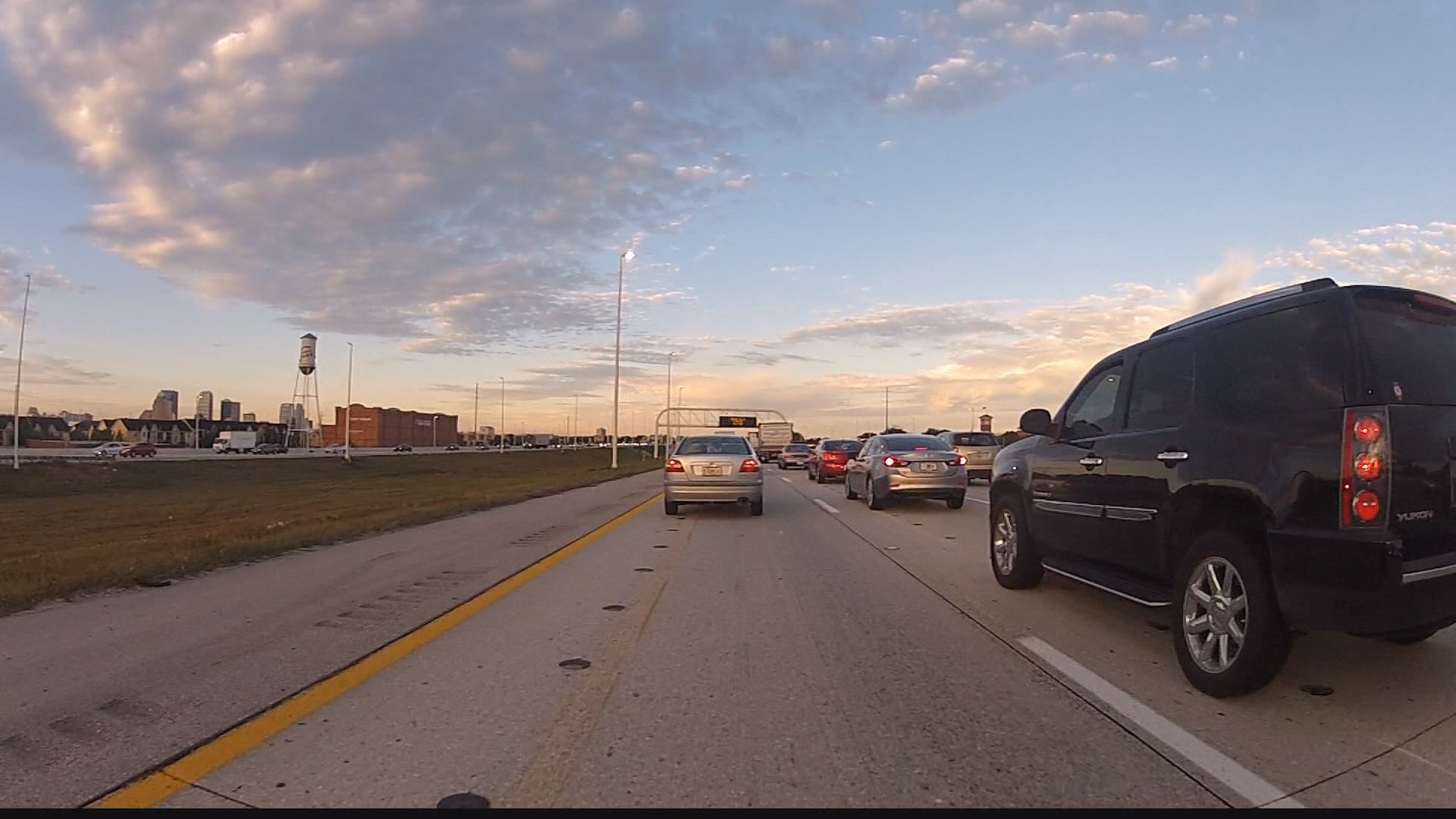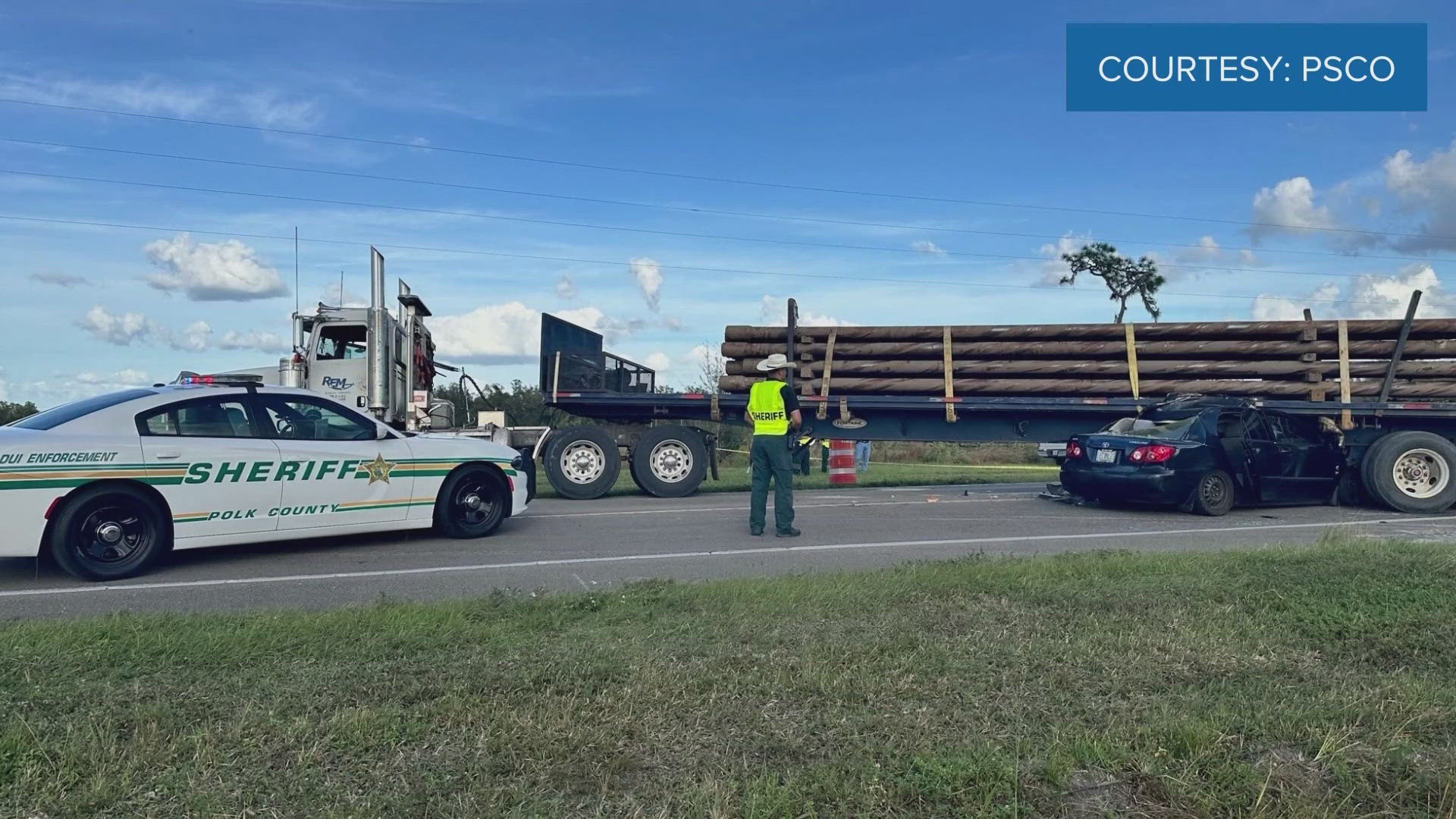Tampa, Florida -- Tired of traffic? You don't want to miss this. The state is planning a new toll road that would connect Tampa to Jacksonville.
The state says it will cut down the time you're stuck in a car and help fix traffic nightmares that are expected on Interstate 4 and Interstate 75 in the future.
This new highway in the "Tampa Bay to Northeast Florida Corridor" is in the early planning stages right now at the Florida Department of Transportation.
There's already been an extension in the planning phase for several years of the highway that is variously called the Veterans Expressway, Suncoast Parkway, and State Road 589. "Suncoast Parkway 2" would extend the road north into Citrus County.
The new proposed Tampa to Jacksonville highway concept is looking at extending the Suncoast Parkway even further north and east, to meet I-75 somewhere around Ocala, Gainesville, or Lake City.
Then another highway would link the Gainesville area to Jacksonville. The exact route could vary quite a bit -- FDOT is studying any option in the entire area that is shaded brown on this map.
The new route would help cut down congestion and safety problems on I-75 and I-4. It would likely be a toll road, so the people who actually use it would pay for it, instead of taxpayers.
Right now, the Tampa to Jacksonville drive takes about three-and-a-half hours. I asked Jim Wood, the state's top planner on this, how would that improve?
"That's going to be wholly contingent on what routes would ultimately be developed," Wood said. But he added, "Our goal here would be that there would be a tangible improvement in drive time." That's an improvement we would really notice.
It would be built from the start for new transportation technology like driverless cars, "connected vehicles" that talk to the road ahead to avoid wrecks, and trucks that save fuel by driving together like a train. Even ideas like glowing lane lines could show up.
And Wood says the new highway will be as eco-friendly as they can make it, from the very beginning.
"One of the first things we will look at is, what are the conservation lands and environmental areas that we need to protect? And start from there, and then work with that as the base," Wood said.
Wood says this new corridor could carry more than just cars, which would save a lot of natural wilderness.
Right alongside this new highway, the state or private companies could run train tracks, power lines, pipelines, and trails. That "co-locating" would mean you're not cutting a whole bunch of new paths through the forest for those things -- just one new, shared path.
When can this highway happen? Wood says they're looking long-term, taking years. In the next few months, the state will form a study group with people from the areas involved and start meeting with the public -- then they'll set a timetable after that.
We'll keep you posted on those developments here on wtsp.com -- you can also watch for changes at FDOT's Florida's Future Corridors website.


